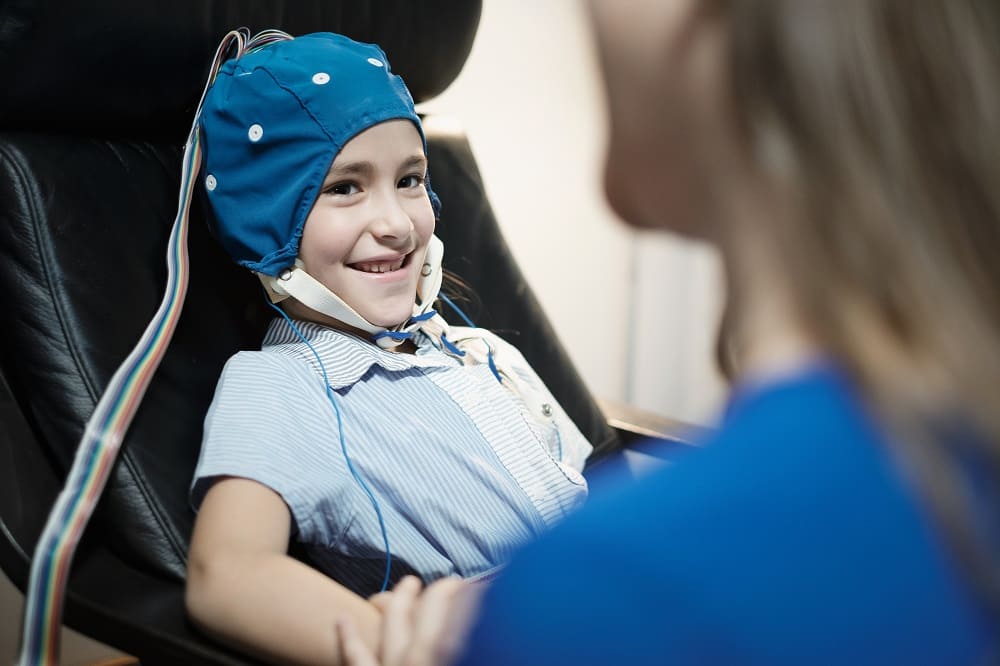Alternative Therapies Required to be Made Available to Veterans
Many veterans who have served our country well suffer from a variety of symptoms and illnesses after deployment. Some of the common conditions they deal with are anxiety, PTSD (Post Traumatic Stress Syndrome), depression, headaches, pain, and insomnia. A very standard treatment for these conditions is a prescription for medication. In some cases, medications can provide relief. There can also be a downside. Even when drugs are effective there may be accompanying negative side effects and sometimes dependence or addiction.





